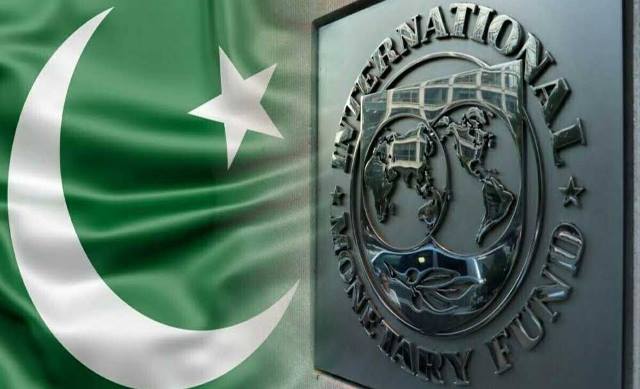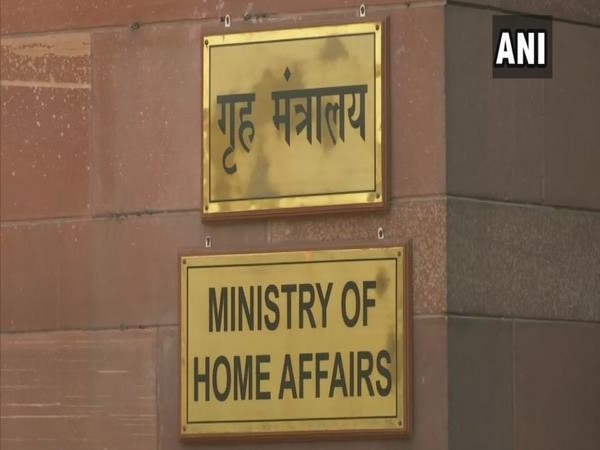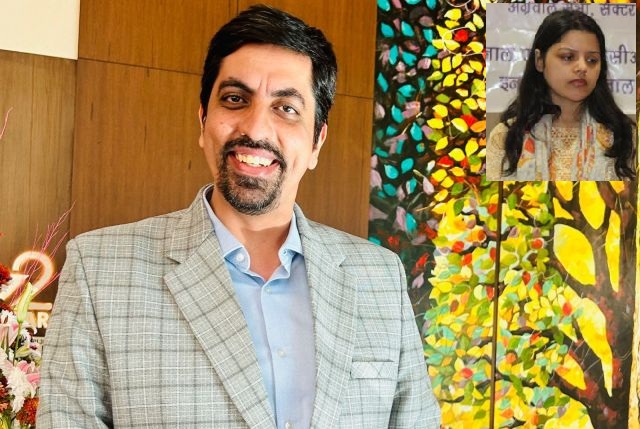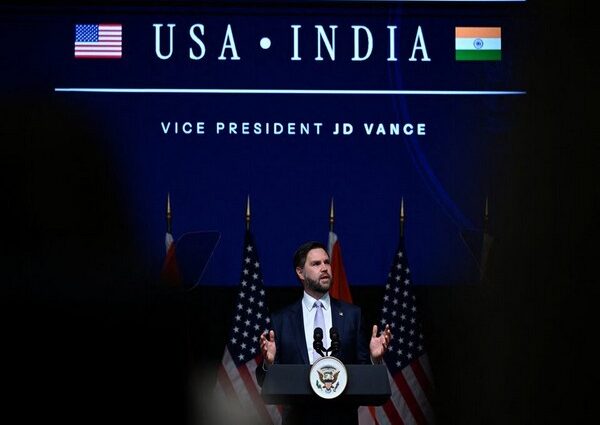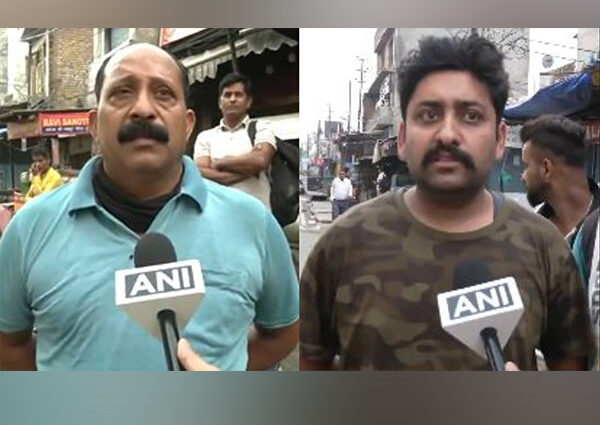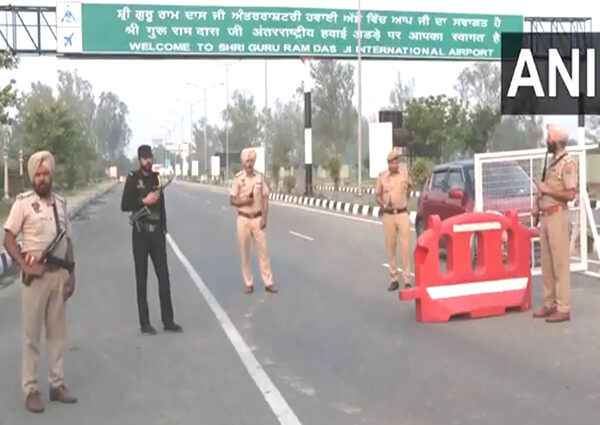Pakistan’s chronic dependence on global bailouts hit another low on Friday as the International Monetary Fund (IMF) prepared to hand over yet another USD 1.1 billion lifeline to the flailing South Asian economy — a country seemingly incapable of surviving without external aid, ARY News reported.
The IMF’s Executive Board is expected to give its nod for the disbursement during its meeting today, part of a long-running USD 7 billion Extended Fund Facility (EFF) program. However, this isn’t just another payout — it’s a stark reminder of how Pakistan has reduced itself to a perpetual borrower, unable to manage its economy without IMF intervention.
What’s more alarming is Islamabad’s increasing reliance on climate funding as a financial escape route. Pakistan has now managed to bag an additional USD 1.3 billion under the IMF’s Resilience and Sustainability Facility (RSF) — a mechanism meant for genuine climate action, not budget patchwork.
According to ARY News report, this deal was confirmed by IMF Director of Communications Julie Kozack, who responded to a question during a press conference. Behind the official jargon of “staff-level agreements” and “performance criteria” lies the real story: a nation stumbling from crisis to crisis, unable to make tough economic decisions, yet quick to chase handouts.
In its statement, the IMF acknowledged that Pakistan will now receive a total of USD 2 billion under the current bailout, while simultaneously locking itself into yet another 28-month dependency cycle under the RSF, ARY News reported.
Pakistan’s leadership continues to tout these loans as achievements. In reality, they are signs of a collapsing economy and a bankrupt vision. With no structural reforms in sight and debt mounting, the question isn’t when Pakistan will recover — it’s whether it even wants to. (ANI)
